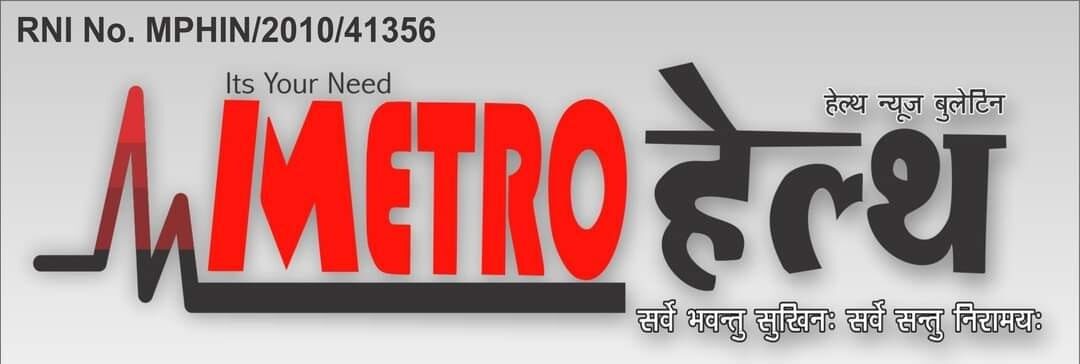Bob Dylan Wasn’t the Only 1965 Newport Highlight. Hear 14 More.
▶ Listen on Spotify, Apple Music or YouTube
9. The Chambers Brothers: “I Got It”
Before the Chambers Brothers found psychedelic soul glory with “Time Has Come Today,” they flaunted their gospel upbringing with full-throated, raspy-voiced, call-and-response harmonies directly from the Baptist church. “I Got It” is a rocking affirmation of faith, propelled by handclaps and — even at Newport — a distorted electric guitar.
▶ Listen on Spotify, Apple Music or YouTube
10. Odetta: “Troubled”
With her deep contralto and her fiercely strummed guitar, Odetta could — and did — sing just about everything when she emerged in the 1950s: spirituals, pop, jazz, blues, gospel, even opera. She brought the power and dignity of her voice to the civil rights movement, and Dylan acknowledged her as an inspiration. “Troubled” is from her 1964 album “Odetta Sings of Many Things”; it’s a plaint delivered with steely determination.
▶ Listen on Spotify, Apple Music or YouTube
11. Spokes Mashiyane: “Jika Spokes”
The festival’s producer, George Wein, recalled in his memoir, “Myself Among Others,” that the South African pennywhistle player Spokes Mashiyane was an unexpected sensation at the 1965 festival. In South Africa, Mashiyane was a hitmaker who shaped the lilting, whistle-topped style called kwela; at Newport, he got impromptu (and probably less swinging) backup from Pete Seeger on banjo and Wein on piano. Here’s one of his South African hits, “Jika Spokes.”
▶ Listen on Spotify, Apple Music or YouTube
12. Ed Young: “Hen Duck”
Colonial-era fife-and-drum groups got an Africanized makeover from workers on Mississippi plantations. For big outdoor picnics, they made music with piercing melodies on fifes cut from sugar cane, and drumbeats far more syncopated than “Yankee Doodle.” The ethnomusicologist Alan Lomax, a festival board member, recorded this fife-and-drum tune in 1959 on a trip to Mississippi, and the fifer Ed Young’s group appeared at Newport in 1965. There’s a kinetic, tantalizing snippet of their performance in the 1967 Newport documentary “Festival.”
▶ Listen on Spotify, Apple Music or YouTube
13. Cousin Emmy and the New Lost City Ramblers: “Ruby, Are You Mad at Your Man?”
Who had the unenviable spot just preceding Dylan at the 1965 festival? With true folkie egalitarianism, it was Cousin Emmy: Cynthia May Carver, born in 1903 in Kentucky, who wrote songs, played banjo and other instruments and sang with a bright Appalachian twang. Her first, successful career was largely in performing on radio, not records, during the 1940s and 1950s; most of those shows are lost. She was rediscovered by the New Lost City Ramblers: urban fans of old string-band music who became adept, research-oriented revivalists. They made an album with her and backed her at Newport in 1965. This Cousin Emmy song, with her twangy near-yodels, found a second life when the Osborne Brothers turned it into a bluegrass standard.
▶ Listen on Spotify, Apple Music or YouTube
14. Eck Robertson: “Sallie Gooden”
Back in 1921, Eck Robertson — Alexander Campbell Robertson, a fiddler born in Arkansas who settled in Texas — recorded what were later recognized as the first country singles. The festival’s folklorists tracked him down to perform in 1965, and his recorded Newport performance was vigorous. But here I’ve included that very first Victor Records single, released in 1922: a solo version of the traditional tune “Sallie Gooden.” Robertson spins out a dozen variations, over drone notes that make the track sound timeless and mysterious.


